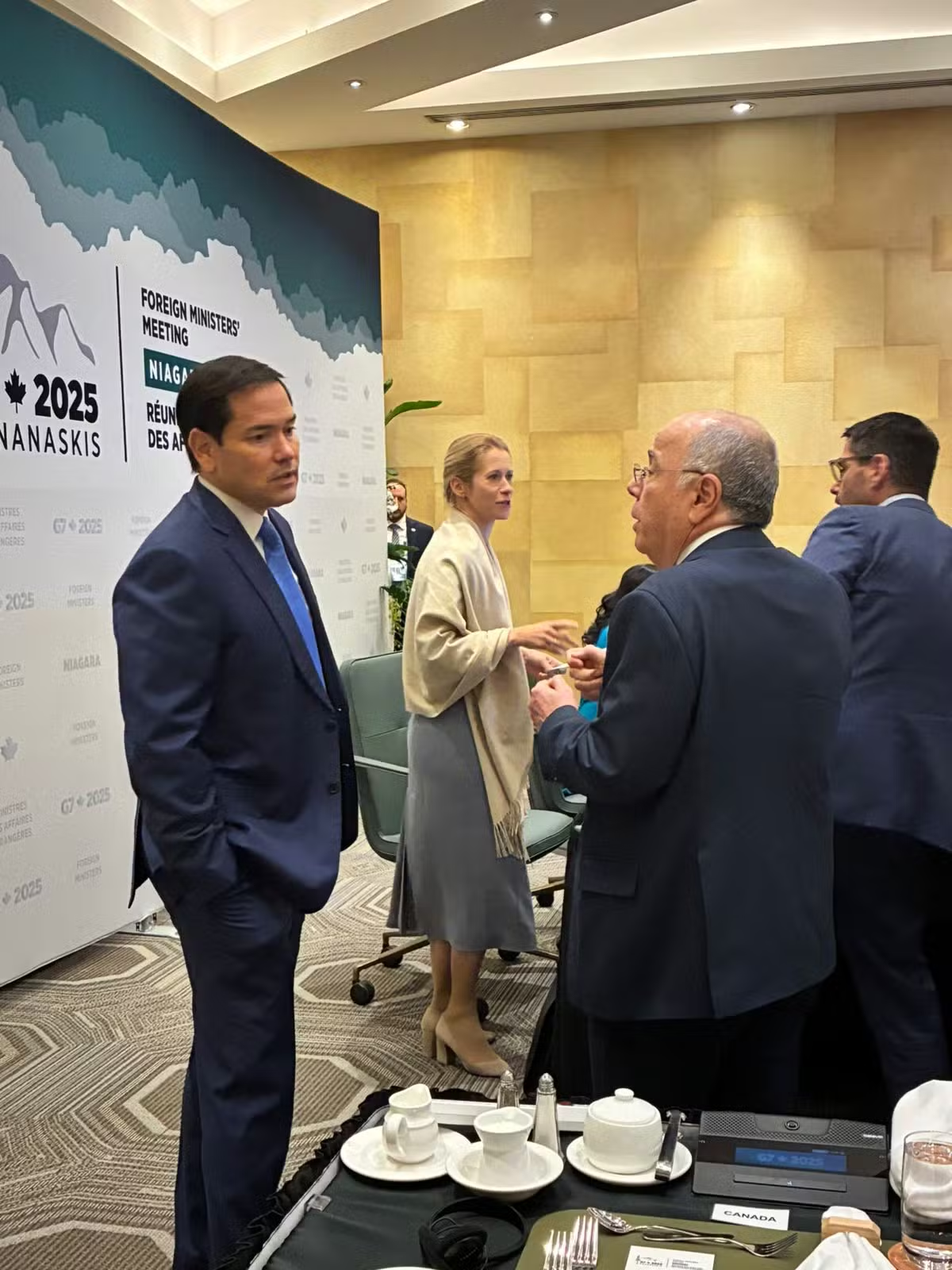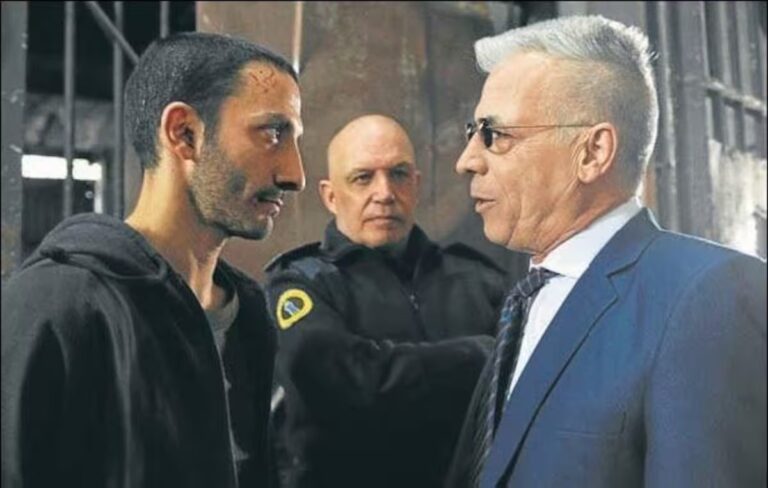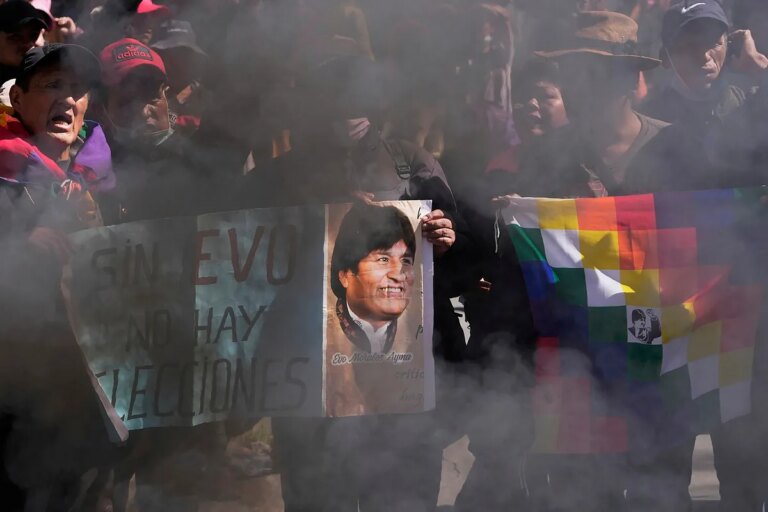
Another meeting is scheduled for this Thursday between Foreign Minister Mauro Vieira and US Secretary of State Marco Rubio, this time in Washington.
The talks are a continuation of talks that began today, when the two ministers met briefly in Canada for about five minutes to discuss negotiations over tariffs imposed by the United States on Brazilian goods, but have so far failed to produce any concrete results.
- Laura Jardim: Politics is missing behind the scenes in Vieira and Rubio’s conversation
Brazilian government interlocutors said today’s meeting served to keep political channels open between Brasilia and Washington and reaffirm both sides’ desire to seek a negotiated solution. Mr. Vieira and Mr. Rubio’s quick meeting took place on the sidelines of the G7 ministerial meeting in Niagara, Canada, to which Brazil was also invited.
The Brazilian government is trying to persuade the United States to temporarily suspend tariffs and sanctions applied to Brazilian citizens while trade negotiations continue.
Mr. Vieira and Mr. Rubio met today, a day after U.S. President Donald Trump signaled his intention to lower tariffs on coffee imports, which have been made more expensive for Americans due to a 50% surcharge on coffee produced in Brazil, the world’s largest economy. This plan was reiterated today by US Treasury Secretary Scott Bessent.
Brazil will be the country to benefit most, as it is the largest producer and exporter of grain and is responsible for supplying a large portion of the US market. The tariffs significantly reduced sales to the United States by Brazilian producers.
During their meeting in Malaysia, Lula asked Trump to suspend tariffs on Brazilian goods, but Brazilian negotiators acknowledged that if a blanket exemption is not possible, Brazil could negotiate sector-specific concessions, such as reducing tariffs on certain products.
According to members of Lula’s government, lowering coffee tariffs would not require concessions from Brazil and could be unilateral. The move is part of the U.S. strategy to curb domestic inflation, which has been weighed down by rising prices after the tariffs.
The tariffs have been in effect since August and impose a 50% surcharge on Brazilian products such as coffee, meat, fruit, fish, orange juice and industrial machinery. Washington’s rationalization was political, mixed with complaints about the alleged “judicial persecution” of Jair Bolsonaro and sanctions against STF ministers, including reporter Alexandre de Moraes, for accusing the former president of the coup attempt.
Brazil argues that the measure is unjust and that the United States has maintained a large bilateral trade surplus even after the surcharge was introduced. Additionally, the Brazilian government is seeking to avoid new penalties related to investigations initiated under Section 301 of the U.S. Trade Act, which allows unilateral sanctions against countries accused of wrongdoing. For Brazil, the study includes topics such as digital commerce, intellectual property, financial services, and the use of Pix as an instant payment method.
Although negotiations have not yet made concrete progress, interlocutors in Brasilia believe the brief conversation between Mr. Vieira and Mr. Rubio was an important symbolic step after months of tension. The gesture comes two weeks after a meeting between President Luiz Inácio Lula da Silva and President Donald Trump in Malaysia, confirming what diplomats described as a “cautious resumption” of relations with the United States.



